Borage (Borago officinalis) is a versatile herb with various uses, both in culinary applications and traditional medicine. Here are some common uses of borage:
1. Culinary Uses:
- Edible Flowers: Borage flowers are edible and have a mild, cucumber-like flavor. They are often used as a decorative element in salads, desserts, and beverages.
- Young Leaves: The young leaves of borage are also edible and can be used in salads or cooked as greens. They have a mild, slightly peppery taste.
2. Beverages:
- Borage Tea: The leaves can be used to make a refreshing herbal tea. Borage tea is often enjoyed for its mild flavor and potential health benefits.
3. Medicinal Uses:
- Anti-Inflammatory Properties: Borage contains compounds with anti-inflammatory properties, and in traditional medicine, it has been used to help alleviate inflammatory conditions.
- Rich in Gamma-Linolenic Acid (GLA): Borage oil, derived from the seeds, is a rich source of gamma-linolenic acid, an essential fatty acid that may have anti-inflammatory effects.
- Diuretic Properties: Borage has diuretic properties and has been traditionally used to promote urine flow.
- Cough and Respiratory Support: Borage has been used to support respiratory health, and infusions made from its leaves may be used to soothe coughs.
4. Companion Planting:
- Attracts Beneficial Insects: Borage is a favorite among pollinators, especially bees. Planting borage in the garden can attract beneficial insects, promoting pollination and natural pest control.
- Deters Certain Pests: Borage is believed to deter certain pests, making it a useful companion plant for vegetables.
5. Ornamental Use:
- Decorative Plant: Borage’s bright blue flowers and fuzzy leaves make it an attractive ornamental plant in gardens and landscapes.
6. Traditional and Cultural Uses:
- Symbolism: In some cultures, borage symbolizes courage, and historically, it has been associated with bravery.
7. Cosmetic Uses:
- Borage Oil in Skincare: Borage oil, extracted from the seeds, is used in skincare products for its potential moisturizing and soothing properties.
8. Borage Honey:
- Flavored Honey: Bees that forage on borage flowers produce honey with a distinct flavor. Borage honey is prized for its unique taste.
9. Borage in Cooking:
- Culinary Herb: While not as common as some culinary herbs, borage leaves can be used in various dishes. They can be added to soups, stews, and sauces for a subtle flavor.
It’s important to note that while borage is generally considered safe for most people when used in moderation, pregnant or breastfeeding women and individuals with specific health conditions should consult with a healthcare professional before using it for medicinal purposes. Always be sure to positively identify plants before using them for culinary or medicinal purposes.

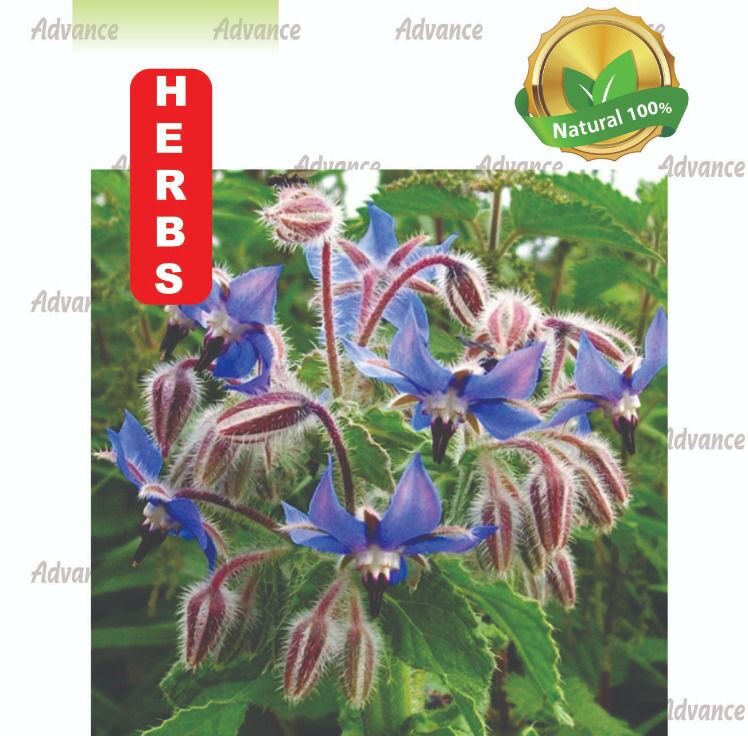





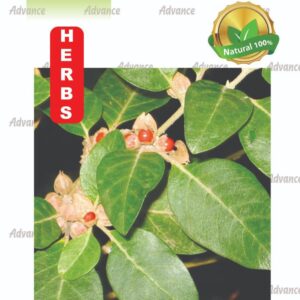
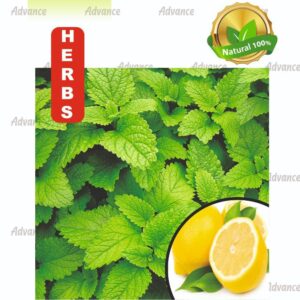
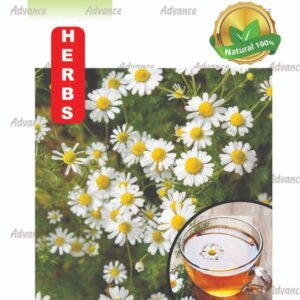


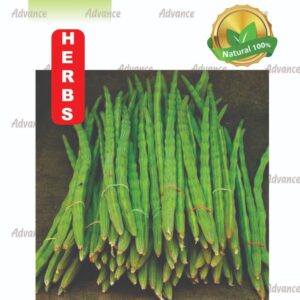

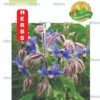
Reviews
There are no reviews yet.